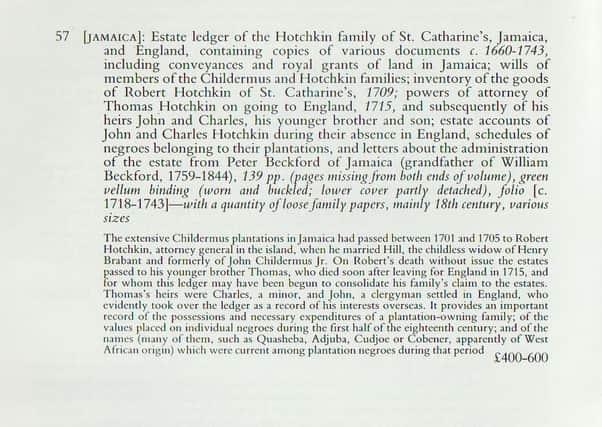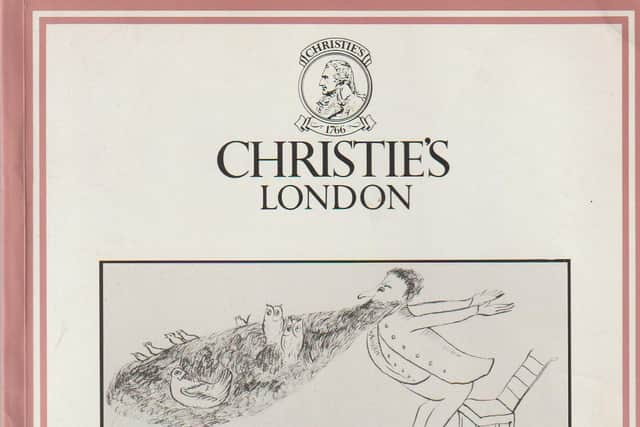New report claims Woodhall Spa has historical links to slave trade


Historic England has identified four places in the county with a ‘slavery past’ - including Woodhall Spa.
Much of the land used to build the village was owned and donated by the Hotchkin family.
Advertisement
Advertisement
According to Historic England’s report, Woodhall Spa is described ‘as the seat of a branch of the Hotchkin family of Jamaican slave owners.’


The News has also obtained historic documents which link the Hotchkin family to Childermus, a sugar plantation estate in Jamaica.
They show ownership of the estate passed to Robert Hotchkin between 1701 and 1705 after he married the childless widow of Henry Brabant, the former owner.
At the time, Robert Hotchkin was the Attorney General in Jamaica.
Advertisement
Advertisement
On his death , the estate was handed on to his younger brother Thomas but he died soon after leaving England in 1715.
It then passed onto other family members.
Today, Woodhall is one of the most popular inland villages in the country and home to the English Golf Union.
The Hotchkin course is rated among the top 50 in the world.
Historic England’s decision to publish the report - ‘The Transatlantic Slave Economy and England’s Built Environment - has sparked controversy.
Speaking to the BBC, Conservative MP Sir John Hayes described the research as ‘no use whatsoever’ and criticised £15,000 of taxpayers’ money being spent on it.
Advertisement
Advertisement
Sir John, the MP for South Holland and The Deepings, said: “I first thought it should be shelved, I now think it should be shredded,
.”It has no use whatsoever and it’s indicative of an organisation that needs to be brought to order.
“Of course slavery was awful and of course it was right we abolished it, but I am not sure we need to go through this kind of comprehensive report linking tangentially all kinds of places and buildings to that effort.”
In a statement, English Heritage defended the report and said it helped to ‘retain and explain our heritage’
Advertisement
Advertisement
The statement added: “Our job is to focus on facts in an impartial way; we are not making moral judgements.
”By sharing knowledge of England’s history, as told through the fabric of our buildings and sites, our aim is that they become better understood and protected.”
The three other Lincolnshire places with links to slavery and mentioned in the report are Burghley House, the village of Blankney and Little Ponton Hall near Grantham.